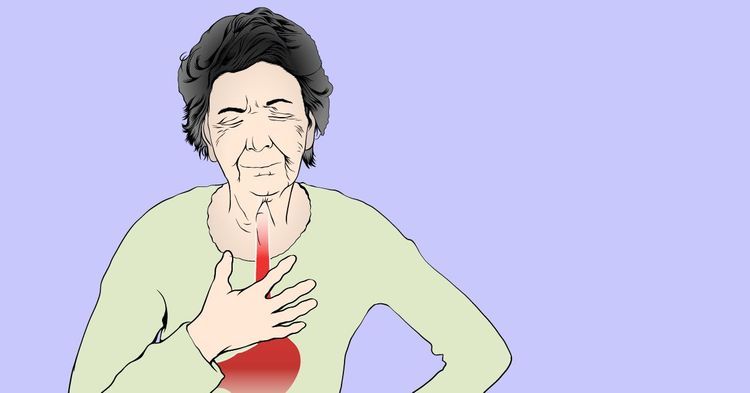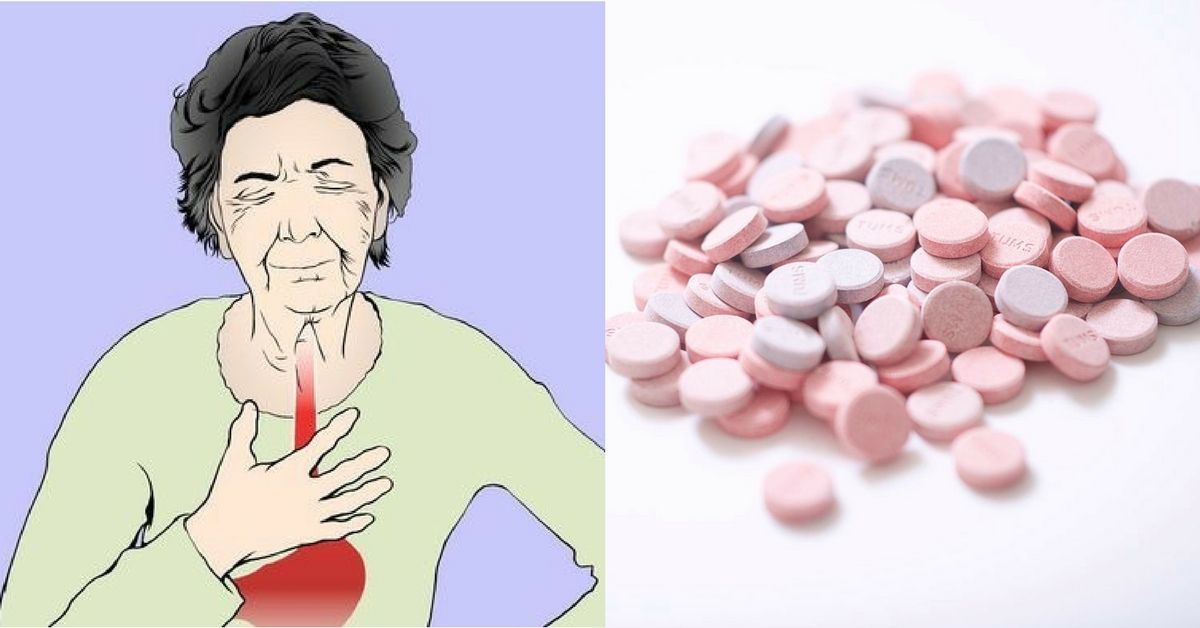It doesn't matter how old you are, heartburn or acid reflux can happen to you. I've struggled with it for years, and while mine is not a chronic condition, it does happen more often than I'd like.
According to Medical News Today, the burning pain you feel in your lower chest area "happens when stomach acid flows back up into the food pipe."
Unless you suffer from a serious form of his common gut problem, like Gastroesophageal reflux disease (GERD), doctors recommend taking over-the-counter drugs for relief.
As one of more than 60 million Americans who experience heartburn at least once a month, I've opted for the readily available medications, but it looks like this is something I might have to rethink.

A new study carried out by researchers at Taipei Veterans General Hospital made some noteworthy discoveries about the relationship between over-the-counter acid reflux drugs and mental health.
Researchers found that these drugs, which contain proton pump inhibitors (PPIs) that reduce stomach acid, may have a hand in causing depression. Scary, right?
The researchers analyzed 2,366 people who took these acid-controlling drugs and then subsequently developed depression. They also looked at 9,465 individuals who were taking PPIs but did not have a history of a mental health disorder.
The authors of the study, whose findings were published in the Journal of Psychotherapy and Psychosomatics, believe that the link between acid reflux drugs and depression may have risen from the "inappropriate use of PPIs," but more research will need to be done before a final conclusion is reached. Though, it's unclear why depression is triggered by the seemingly harmless medication.
In addition to affecting your the state of your mental health, PPIs have also been linked to other serious illnesses.
Previous studies have shown links between PPIs and dementia, bone disease, pneumonia, gut infections, as well as cancer.
Experts argued that this may be a direct result of people taking over-the-counter medications longer than they should. PPIs are supposed to be a short-term solution.
Last October, a U.K. study suggested that these indigestion pills can significantly increase the risk of stomach cancer. They found that those who took the drug long-term were five times more likely to develop gastric cancer in a year, and that increases after three years.
Turns out, these pills contain a hormone known as gastrin, which promotes the growth of cancerous cells.
There's a bit of a silver lining after all. Researchers found that only eight of 10,000 PPI takers develop stomach cancer annually. So as long as physicians exercise caution when prescribing long-term PPIs, acid reflux sufferers shouldn't worry too much.

As for the rest of us who rely on over-the-counter versions, John Smith, chief executive of the Proprietary Association of Great Britain representing over-the-counter medicines, said that "if used in accordance with the clear on-pack instructions and the patient information leaflet inside, then PPIs available OTC are an appropriately safe way to manage the painful symptoms of heartburn and indigestion."
"We would advise people to consult a pharmacist if their symptoms don't improve after 14 days or if they have any concerns about their medicine."
So it might be a good idea to ease up on how many acid reflux pills you usually consume. Perhaps it's time to reevaluate your diet and lifestyle. There are plenty of changes you can make and foods you can eat that will soothe the burn without any long-term complications.
Do you take over-the-counter heartburn medication? Let us know!

